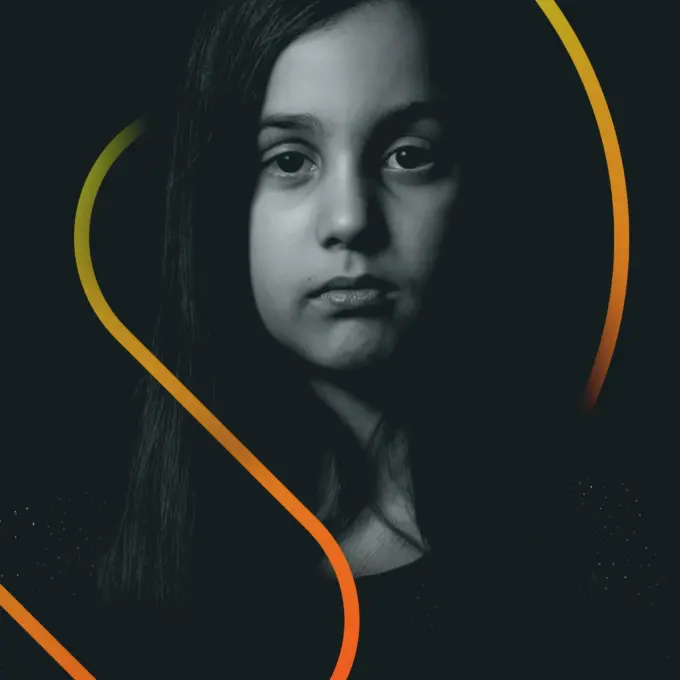
Why Safeguarding Matters More Than Ever
Safeguarding is at the heart of everything we do at Safer London. It's about making sure every young Londoner that's experienced violence or exploitation feels safe, supported and heard.
We sat down with Christopher, our Head of Safeguarding, to talk about what good safeguarding really looks like, how we can build trust with young Londoners, and why listening can be one of the most powerful forms of protection.
This conversation forms part of our #TimeToListen campaign - a call to look beyond behaviour and understand what's really going on for young Londoners. Too often, young Londoners are judged or even criminalised for actions that come from fear or trauma. When we take the time to listen instead, we see the reality: they don't need punishment - they need safety, care and people who believe in them.
What does good safeguarding look like when working with young Londoners who have experienced harm or exploitation?
Good safeguarding isn't just about spotting risks or writing action plans, it's about building genuine relationships with young Londoners so they feel seen, heard and valued.
For me, good safeguarding means moving at their pace. It's not about rushing into disclosures or quick fixes, but it's about creating trust so young Londoners feel safe enough to open up when they're ready. We also know safety isn't just about immediate protection, it's about understanding the bigger picture of what's going on in their lives.
Another huge part of safeguarding is professionals working together. It might sound like a broken record, but every serious case review highlights the same thing - better multi-agency working could have changed the outcome. I always think to myself, when are we actually going to do something about this.
Between 2017 and 2019
% of serious case reviews said multi-agency work should be better.
At Safer London, we're lucky to offer consistency. Most young Londoners have the same Caseworker throughout their time with us, which really helps build trust and prevents anyone falling through the gaps.
For me, that's what good safeguarding looks like - relationships at the centre, professionals working together, and young Londoners being truly listened to.
How can professionals balance keeping young Londoners safe with making sure they feel trusted and respected?
Balancing safety with trust is never straightforward, it changes all the time depending on what's going on for the young Londoner, and what's happening around them. It's something we're constantly thinking about as practitioners.
The key is honesty and transparency. From day one we're open with young Londoners about what safeguarding means, what we might need to do if they share something worrying, and why. It's not easy, but it is simple. Being upfront at the start helps avoid surprises and builds trust over time. When young Londoners know what to expect, even if they don't love the decision, they understand it.
We also make sure young Londoners have a say in how things are handled. We'll always ask, 'How would you like this one to be done?' or 'If you were in my position what would you do?'. That honesty, respect and shared decision-making helps young Londoners feel heard, and often strengthens the relationship in the long run.
Can you share an example of how listening closely to a young Londoner changed the way we supported them?
Honestly, I think every single young Londoner we work with could be an example of how listening changes the way we support them. You can see it in almost every case - when a young Londoner feels heard, it shapes the direction of work completely.
One example that really stands out is a young Londoner who mentioned to their caseworker that they wanted to move out of their current home. It wasn't something the wider professional network or family had recognised as a priority. But their Safer London caseworker really listened and took it seriously.
Over the next few months, the practitioner worked with the young Londoner, their mum, and other professionals to explore what moving could look like. Housing referrals were made, conversations happened, and eventually, the young Londoner moved to a new area where they felt safer and more settled.
That one moment of listening made a huge difference. It changed not just where they lived, but how they felt about their safety, education, and future. It's a powerful reminder that young Londoners know their own lives best. Our job is to listen, believe them, and act on what we hear.
How do we shift the conversation from 'what's wrong with this young Londoner?' to 'what's happened to this young Londoner?'
It really starts with language. When we label young Londoners as 'risky', 'troubled', or 'high risk', we stop seeing them as children who have been through something. Shifting from 'what's happened to them' means taking off those labels and seeing the full picture.
I like to think of it as putting on different coloured lenses. Every time we use a label, we're adding another filter that clouds how we see that young Londoner. When we remove those filters, we can see their experiences clearly and start to understand the trauma that sits behind their behaviour.
That doesn't mean we excuse harmful behaviour - it just means we recognise the reason behind it.
At Safer London, we keep this mindset alive through training, reflective practice, and peer challenge. We check ourselves and each other on the language we use, whether that's asking, 'Is it fair to describe this child as a gang member?' or 'How would they want to be talked about?'
It's about always coming back to the one truth: before anything else, they're a child, and they deserve to be seen that way.
Christopher, Head of Safeguarding
We need to move away from seeing young Londoners as perpetrators and start understanding how they got to where they are. That means that recognising that exploitation isn't a 'lifestyle' - it's abuse.
What changes would you like to see in how society understands and responds to young Londoners affected by violence and exploitation?
I'd like to see less blame and more compassion. Too often young Londoners affected by violence or exploitation are seen as making 'bad choices' or being 'troublemakers', when in reality, they're responding to fear or unsafe environments.
We need to move away from seeing young Londoners as perpetrators and start understanding how they got to where they are. That means that recognising that exploitation isn't a 'lifestyle' - it's abuse.
The truth is, many young Londoners are being coerced or threatened by serious organised crime groups. These aren't playground level pressures, they're real credible threats to them and their families. When your safety or your loved ones are at risk, that's not a choice; that's survival.
As a society, we need to look deeper and respond with empathy rather than judgement. Because when we stop asking 'what's wrong with this young Londoner?' and start asking, 'what's happened to them?', we can finally create real safety and real change.
What gives you hope about the future of safeguarding children and young people in London?
What gives me hope is the young Londoners themselves. Despite everything many of them have been through - exploitation, violence, loss, and systems that haven't worked for them - they still show incredible resilience and determination. The fact that so many young Londoners can come through those experiences and still hold onto hope for their future is inspiring.
I'm also hopeful because I can see change start to happen. It might be slow, but there's growing recognition across sectors that safeguarding can't be about surveillance - it has to be about care, about being trauma-informed, and about truly listening to young Londoner's voices.
And every time I see progress, it's usually because young Londoners themselves have led the way. They remind us why we do this work and what it's all for. Their hope is what keeps us going and what gives me confidence in the future of safeguarding in London.

Safeguarding starts with listening. Every young Londoner deserves to be seen, heard, and supported - not judged or criminalised.
Join us in standing with young Londoners by taking part in the conversation.
Join #TimeToListen